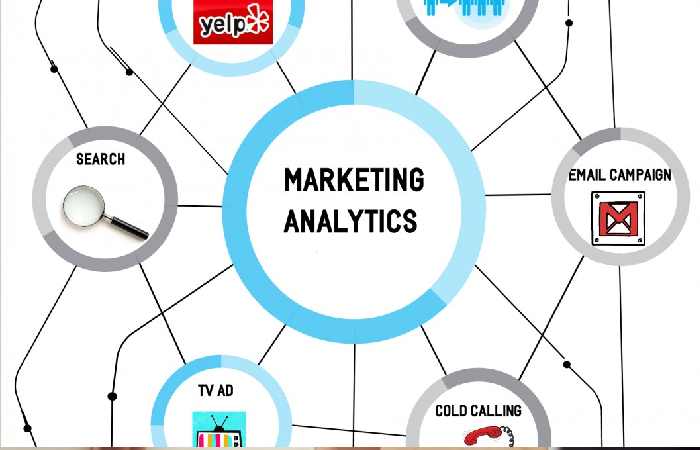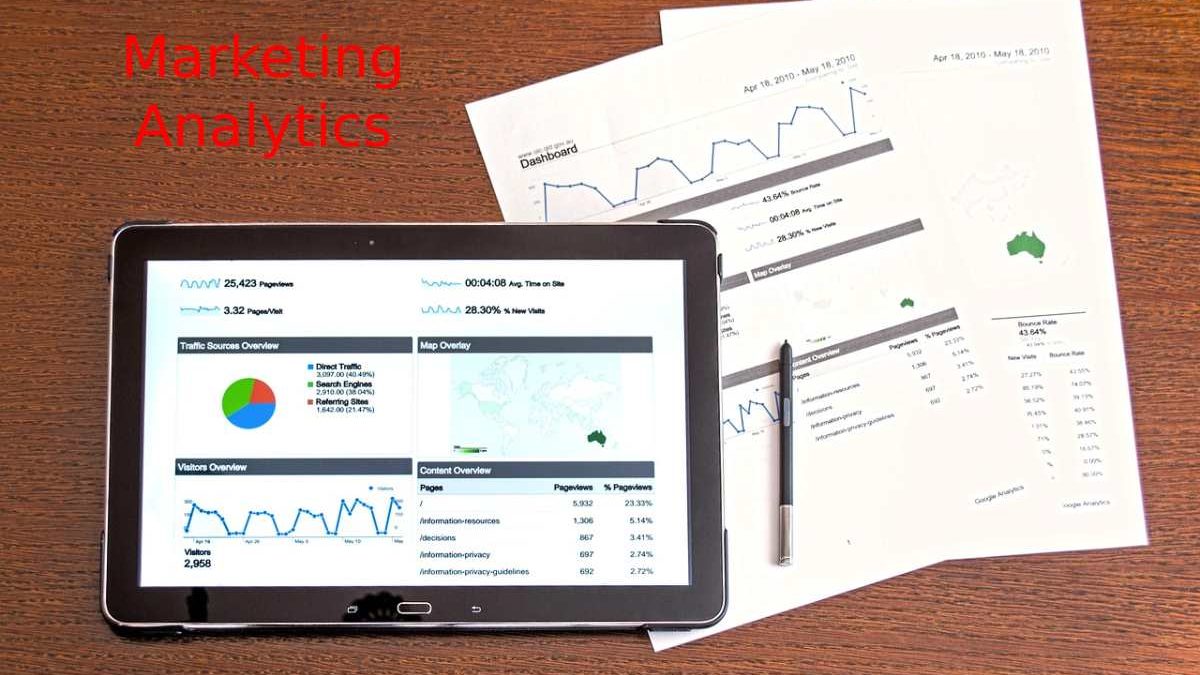Table of Contents
Introduction
Marketing analytics uses data to evaluate the effectiveness and success of marketing efforts. With marketing analytics, you can gain deeper insights into consumers, optimize your marketing goals, and get a better return on investment. Marketing analytics benefits both sellers and consumers. This analysis helps marketers get a better return on their marketing spend by understanding what’s effectively increasing conversions, brand awareness, or both. The analytics also ensure that.
Consumers see more targeted and personalized advertising that meets their needs and interests rather than bulk news that annoys them. Marketing data can remain analyzed using different methods and models depending on the measured KPIs. For example, brand awareness analysis remains based on other metrics and models than conversion analysis.
What Is Marketing Analytics?
Marketing analytics is the study of data collected through marketing campaigns to discover patterns between things like a campaign’s contribution to conversions, consumer behavior, regional preferences, creative preferences, and more. The goal of marketing analytics is to use these patterns and information to optimize future campaigns based on what was successful.
The Importance Of Marketing Analysis
In the modern marketing landscape, accurate analytics are more critical than ever. Consumers have become very picky about which brand media they interact with and ignore. If brands want to capture the attention of the ideal buyer, they need to leverage analytics to create targeted personal ads based on individual interests rather than broader demographic associations. It allows marketing teams to deliver the right ad at the right time, in the right channel, to guide consumers through the sales funnel.
How Organizations Use Marketing Analytics
Marketing analytics data can help your business make decisions like product updates, branding, and more. Therefore, it is important to take data from multiple sources (online and offline) to avoid a fragmented view.
Product Information
Product intelligence is about digging deeper into brand products and comparing how these products perform in the market. Typically, companies can better understand their products’ differentiators and competitive advantages by reaching out to consumers, asking audiences, or engaging them in surveys. From there, teams can better target products to unique consumer interests and pain points that will help increase conversions.
The Challenges Of Data Analysis
While marketing analytics is critical to campaign success, the sheer volume of data marketers can now obtain poses significant challenges to the analytics process. For example, it means marketers need to determine how best to organize data into a digestible format to gain actionable insights.
Some of the biggest marketing analytics challenges we face today are:
Amount of data: Big data has emerged in the digital age, allowing marketing teams to record every click, impression. And view of a consumer. However, this amount of data is irrelevant if it cannot be structured and analyzed to generate insights for optimization within the campaign. It has led marketers to wonder how best to organize data to assess its importance. Research shows that experienced data scientists spend most of their time discussing and formatting data rather than analyzing it.
What Is Marketing Analysis Software Used For?
Marketing analytics software overcomes these challenges by quickly collecting, organizing. And correlating valuable data so marketers can optimize campaigns in real-time.
Modern marketing platforms are valuable for how quickly they can store and process massive amounts of data. However, one of the main disadvantages of taking access to so much data is that marketers cannot analyze it to perform real-time optimizations. It is where the processing power of advanced analytics platforms comes into play, allowing marketers to adjust ad creatives or placement as needed before the campaign ends, improving return on a potential investment.
Marketing Analytics Software: Features and Capabilities
When implementing a marketing measurement solution, consider the following key features and capabilities of marketing analytics software:
- Real-time analysis and information
- Mark measurement functions
- Granular person-level data
- The ability to correlate online and also, offline attribution metrics
- Contextualized customer and market information
- Recommendations from the annual media plan
- Set up a marketing analysis tool
Mark-eting analytics tools will become more important as consumers become more selective and data sets expand. An advanced platform

